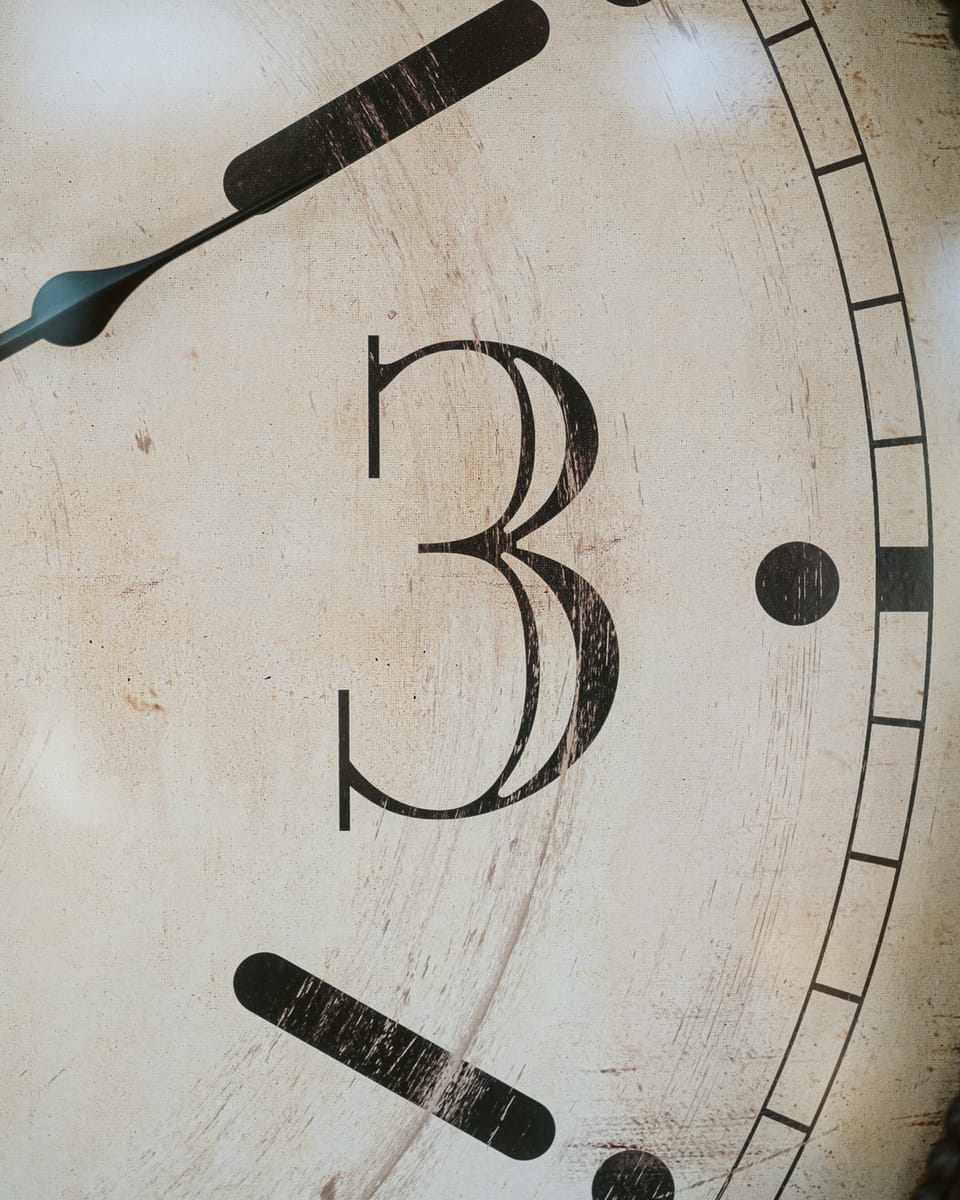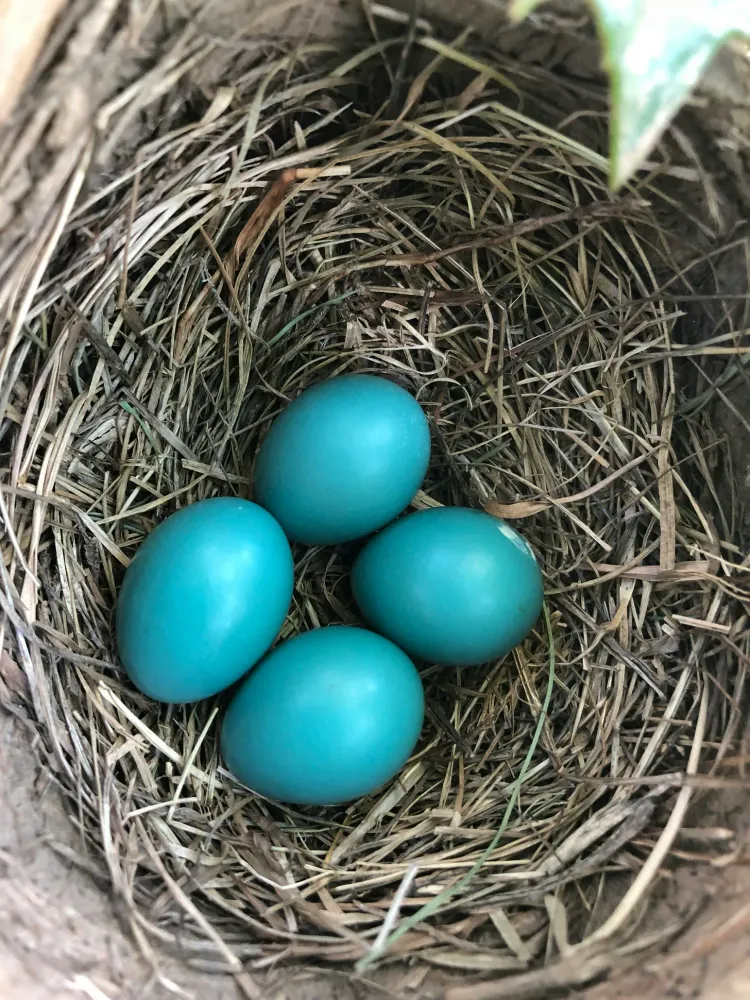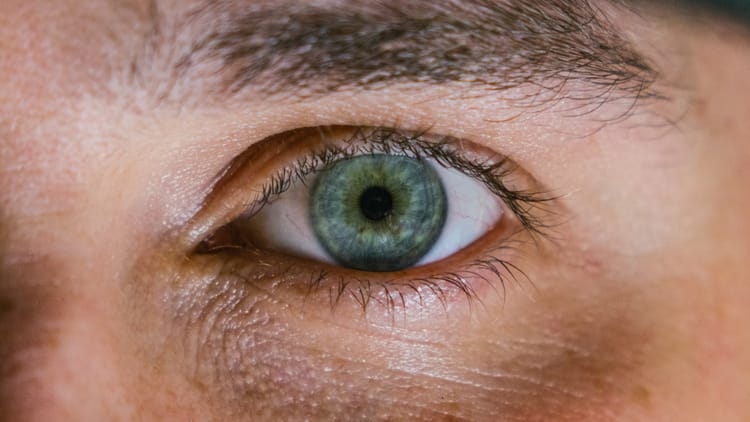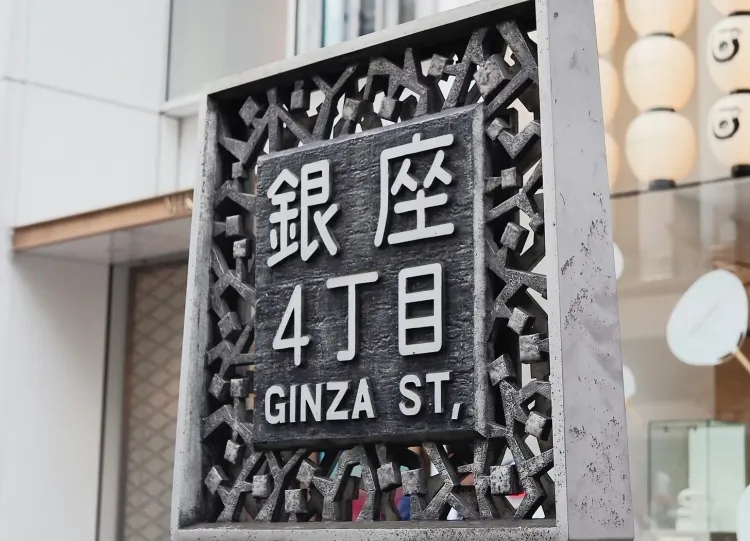
When I first shared these poems with you in June 2022—two from The Silence of Men and one from Words For What Those Men Have Done—this is how I introduced them:
Sometimes you publish a poem in response to the current moment, whatever that may be, and then the moment passes, and the poem no longer feels as urgent as it once did. In our current moment, as the right begins its prosecution of what are essentially two wars, one on the reproductive autonomy of anyone who can get pregnant and one on LGBTQ folks, three poems of mine have suddenly become more relevant than they ever should have been in the first place.
Well, in light of both the overturning of Roe v. Wade in the Dobbs decision and the ways that J. D. Vance’s vice-presidential candidacy crystallizes the right’s agenda, the poems feel even more (and enragingly) relevant than they did two years ago. Each is a response to the right’s drive to police as out of bounds the bodies of all those who do not conform to its holy writ, the heteronormative social script, but I think the poems also address, at least subtextually, the ways in which that policing is imposed on those of us who are cisgendered and heterosexual, an aspect of state-sanctioned sexism, misogyny, homophobia, and transphobia that often goes unremarked.
I hope, if the poems move you, that you will consider sharing them. Poetry is not the only way, but it is one important way that we can speak truth to power, whether the power we are speaking to is the one we are resisting or the power within ourselves from which we draw the strength for that resistance.
Thank you for reading It All Connects.... This post is public so feel free to share it.
These two poems from The Silence of Men emerged from my reading of Back Rooms: Voices from the Illegal Abortion Era, edited by Ellen Messer and Kathryn E. May. The first one, “Melissa’s Story,” is spoken by a woman who pays a doctor for an illegal abortion. I think it speaks for itself:
Melissa’s Story
The doctor gave instructions like a spy:
Be there, seven pm, on the dot.
If you’re not, I’m gone. Don’t even think about
another appointment. Got it? That day,
of course, there was traffic, and the money
had to be in small, old bills. You will get
in my car as if we were lovers. At the spot,
you’ll step out first. Walk when and where I say.
Make a mistake and I leave. Understood?
I did. Somehow it went without a snag,
and there I was, legs open on a bed,
with a man crouched between them like a dog.
He reached into me and scraped away the life
I’d almost made, not yet mine to give.
Thanks for reading It All Connects...! Subscribe for free to receive new posts and support my work.
The second poem from The Silence of Men, “Bill’s Story,” is spoken by a man some non-specified but significant number of years after his pregnant girlfriend was sent against her will, and against what the couple wanted for themselves, to what used to be called a home for unwed mothers, where she was forced to put the child they conceived up for adoption. While I think this poem also speaks for itself, and while in practical terms at least, we are no doubt farther away from men having to live Bill’s experience than we are from people who can get pregnant having to live Melissa’s, I do want to say that I wrote “Bill’s Story” because I think it’s important to give voice to experiences like his, which embody a rarely acknowledged stake that those of us who can’t get pregnant have in reproductive autonomy.
Bill’s Story
He talked about her like she was a boat.
You just loaded the ship, son. Where the wind
takes it is out of your hands, hear? She’ll find
a port to dock in. Just be glad you got
what you wanted without getting shot.
Her parents were no better, as if I’d planned
to make her pregnant. We begged them not to send
her away. Once she was gone, they moved out.
Not long after the birth-month, her single
letter came: I named him Bill. Then they took him.
Years later, I drove to where the postmark
pointed. No one would speak to me. I still
hope, though. My son is old enough to look,
and I deserve to tell him who I am.
Thank you for reading It All Connects.... This post is public so feel free to share it.
The poem I want to share with you from Words For What Those Men Have Done is called “It Must Include The Body.” It is rooted in an actual conversation I had with my son before marriage equality became the law of the lands. The poem takes a while to get where it’s going, so just go with the flow of it.
It Must Include the Body
Belly like a watermelon
stuffed up the front
of her white cotton summer dress,
the pregnant woman at the corner
turns her back to me to face
the direction she’ll cross the street in,
and what she’s wearing
flares from the waist down
in a twirl that settles
along the line of her hips
till only the hem that falls
to just above her ankles
is still rippling, a flag
waving surrender
to this late September day.
My eyes lift to her shoulders,
follow the contour the fabric traces
down from the loops
through which her tanned arms emerge
to the curve of her butt cheeks
that bounce lightly as she steps back,
just avoiding the taxi
pulling up fast to the curb where she’s standing.
She’s as tall as me or taller,
black hair tied tight in a braid
pointing like a compass to the small of her back,
and her dress is not unlike the one
you wore the night we wandered the beach,
till the boardwalk lights were stars blinking at our backs
and the campfires scattered across the sand
were the signal flames of a distant town.
The moon over the ocean
cast our shadows behind us.
You leaned against me, the blue cloth
of what you were wearing
bunched in my left hand.
With my right, I found you wet,
though wet
doesn’t really do it justice.
You half-purred a laugh
as I stroked and pulled and gently parted
the hair you let grow in
once the lover who kept you shaved was gone.
Lifting your face to mine, you whispered
that the breeze was like the water’s breath
just before it touched its tongue to you,
and when I kissed the lips
you shaped those words with,
you came, calling your pleasure
out to the open sea
for the wind and tide to carry
who-knows-where.
Walking back to our hotel, I thought
how you have only ever called it your vagina.
Then, later, while you slept, I tried to list
the rhyming words I’d need to write a sonnet,
but China, Carolina, trichina, and angina
were the best I could do. The off-rhymes—
Montana, banana, cabana—were no better,
but then I heard that New Yawk accent
you love to mimic: designah, finah, minah,
reclinah—that last one bringing back to me
the woman from the conference,
who worried over two more whiskeys
than either of us should have had
that three kids had made her
“roomier down there”
than any man other than the husband
she’d been needing to leave for years
would want, and so she hadn’t left him.
“I can’t believe I’m telling you this,” she said,
blushing that the man she planned to make the next night
the only other man ever to touch her
might think he should be moving “furniture in down there, not his dick.”
“If a man cares that much about size,” I told her,
“he doesn’t deserve an adulterous woman.”
The light turns green,
and the mother-to-be
who started these lines
crosses First Avenue
into the rest of her life,
the crowd she moves with large enough
that the left turn I have to wait for
will get me to our son’s school
five minutes later
than the fifteen he’s already missed.
“But why does George Bush care
if two men get married?”
he asks from the back seat,
giving voice yet again
to last night’s bedtime conversation.
“I know a man’s penis fits
a woman’s vagina, but that’s not
love; and people love babies,
but babies aren’t love;
and two women, if they
get married, each one
can have a baby, but even that’s
not love. Two men can’t, but if
they love each other,
so what? You don’t marry
a body; you marry
a person. Bush doesn’t
get this? He’s an idiot!”
Our boy takes my hand for the few steps
leading up to the building’s entrance,
letting go, as has become his habit,
just shy of the security guard’s line of sight.
“Seriously,” he says, “when I get home
you need to explain this to me.”
Then he’s running fast as he can
past the front desk, arms and legs
pumping, backpack swinging,
the long hair that some still take for a girl’s
bouncing with each stride
up around his head.
I get back into the driver’s seat,
turn the key, put the car in reverse.
With my foot on the brake,
my eyes in the rearview mirror
stare back at me what I know is true:
if you will not love the body,
you cannot love the person.
I’m glad our son
can’t yet imagine that.
Thanks for reading It All Connects...! Subscribe for free to receive new posts and support my work.
A poet and essayist, I write about gender and sexuality, Jewish identity and culture, writing and translation. My goal? To make connections that matter. I also help other writers do the same.





